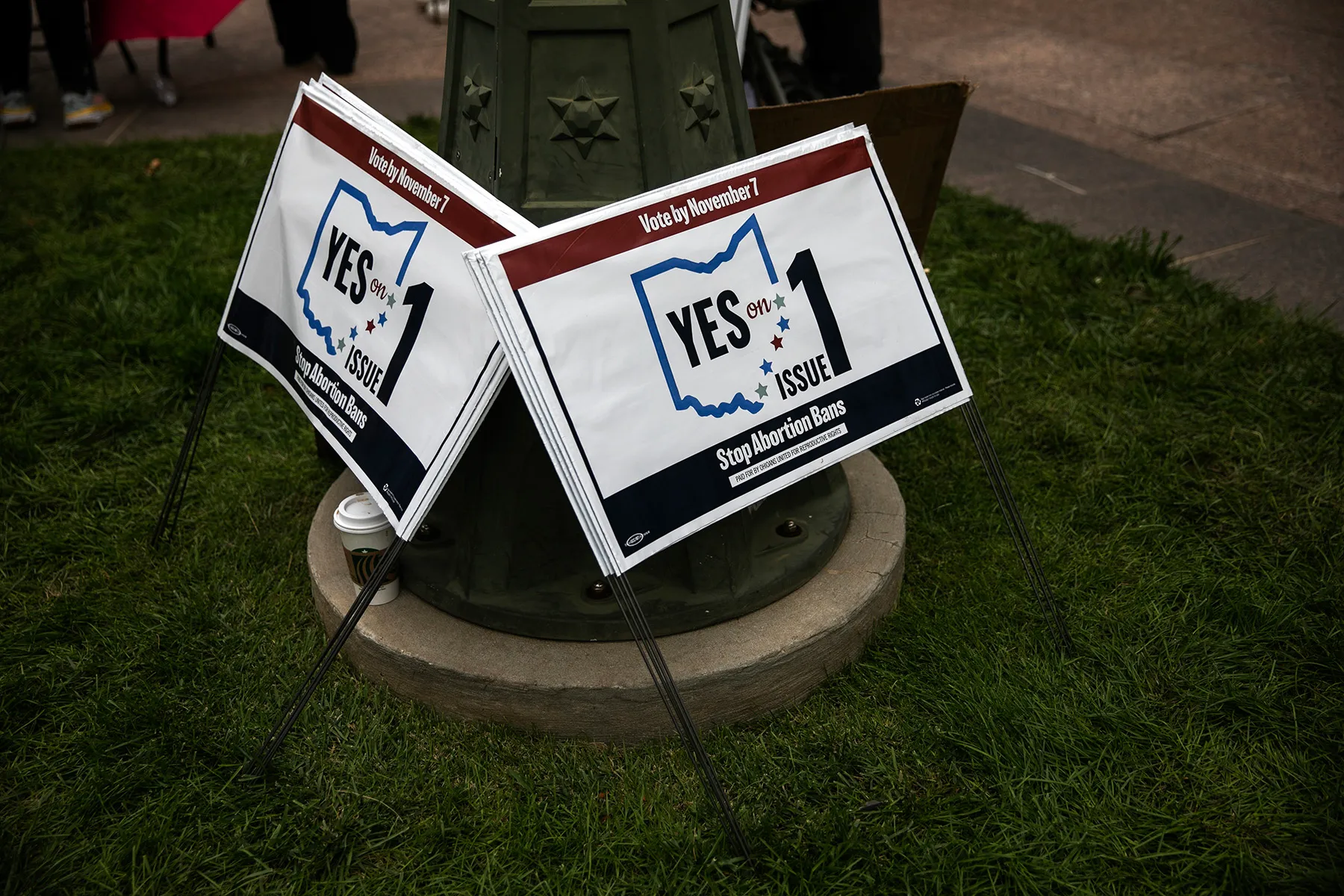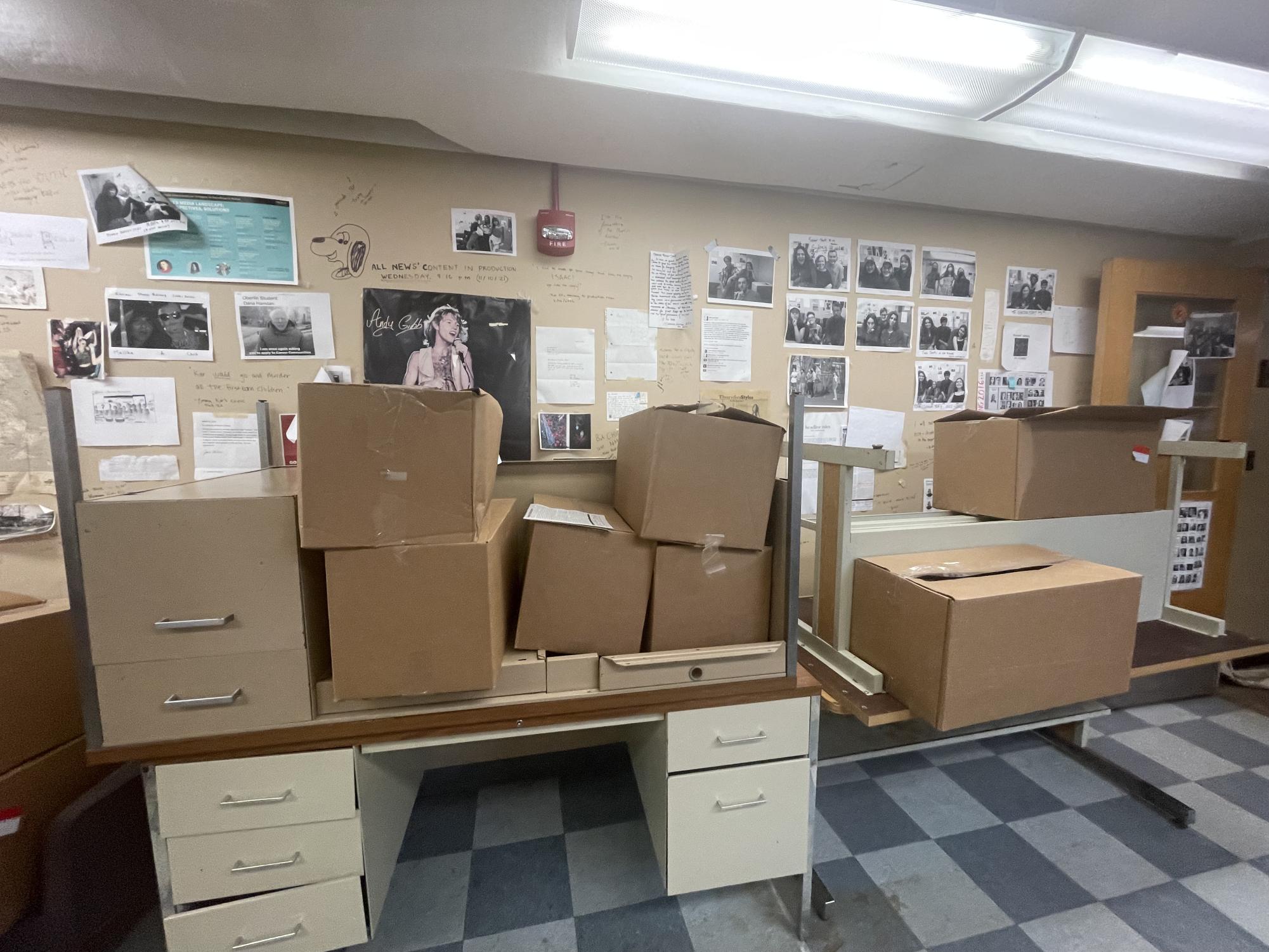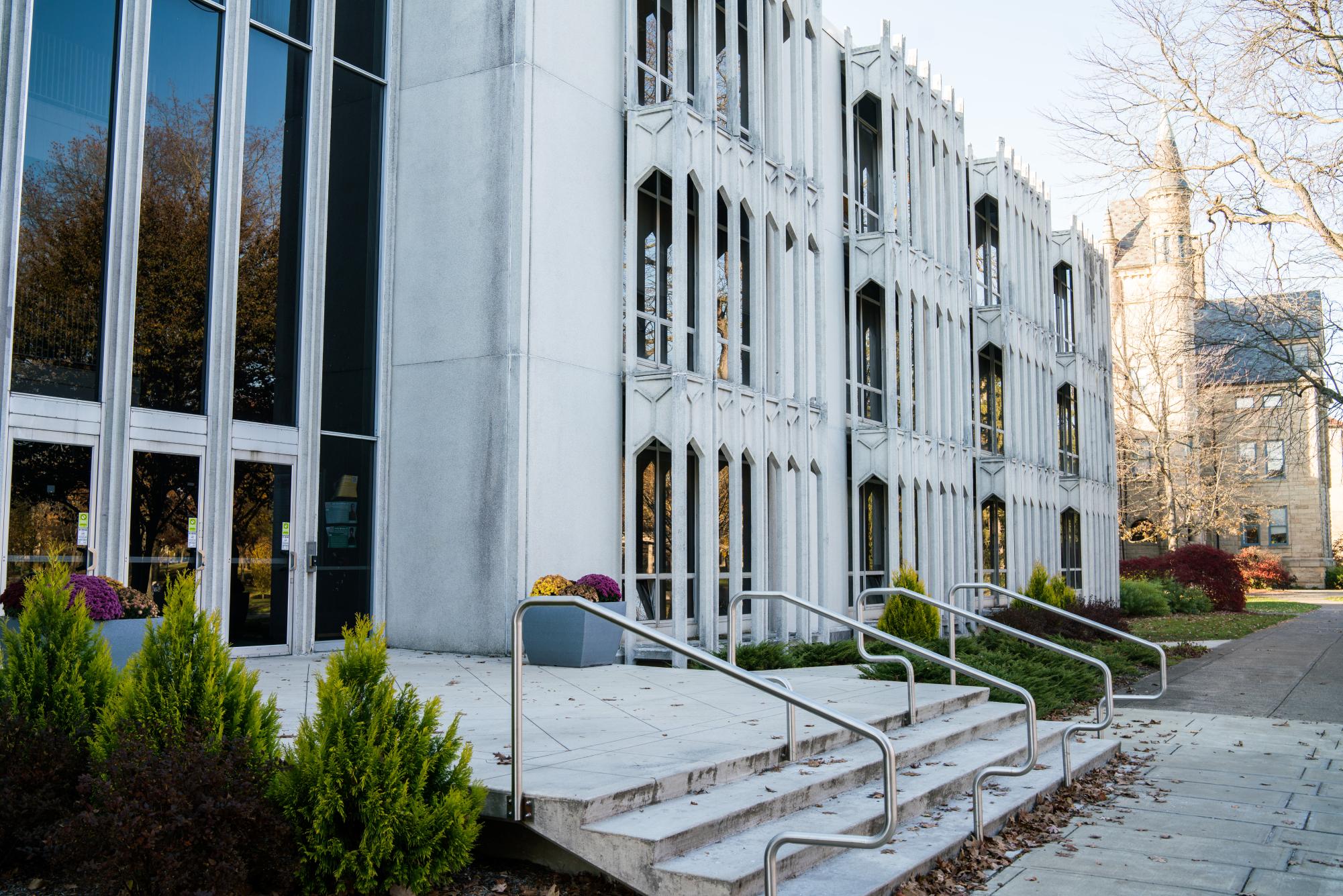Career Development Falling Short
We spend four years of college indulging in intellectual rigor and creative self-discovery, before finally being thrust into the real world. At times, however, it can feel like Oberlin wants us to evade the real world — successfully or not — by going into academia. But for students who have decided against graduate school in favor of getting a job after Commencement, resources can be a bit difficult to find and even tougher to utilize.
As the College homes in on a selection for the next executive director of the Career Development Center — and as three quarters of this Editorial Board look toward graduation in the spring — we’ve been reflecting on how Oberlin has prepared us for the next chapter of our lives. We have a few things that we hope the next executive director will address once they take on the role.
At Oberlin, institutional support for upperclassmen seeking careers is heavily centered on graduate school applications, research opportunities, and fellowships — essentially moving students from one academic institution to another. The job-related programs that do exist are often workshops about things like résumé building or creating a LinkedIn profile. While having strong interview skills and a well-written résumé are critical to job applications, they are not nearly enough to help Obies stand out in hyper-competitive job markets, and they’re certainly not a substitute for one-on-one interactions with potential employers.
Recent efforts made by the College to improve career development resources indicate that they have already identified this gap in their offerings. Under former Executive Director Dana Hamdan’s leadership, Oberlin’s Career Center developed five flagship programs, including one for each class year with the goal of guiding students through career exploration at every step of their college journey. These new programs include Peer Advising Leaders for first-year students, the Sophomore Opportunities and Academic Resources program for second-years, Junior Practicum for third-years, and the Senior Launch Series for graduating students. Several of these programs, along with the Career Communities program, which now exists in an altered form under the Junior Practicum, filled a crucial hole in Oberlin’s career preparation; they supplied students with real, hands-on work experiences through internship connections or funding. Even though some of these programs are still in their infancy at Oberlin, they have had clear impacts on recent graduates, and we hope they are cultivated and expanded in the years to come.
Most impressively, the College has introduced a summer internship scholarship for incoming students, with awards of up to $5,000. Not only does this provide students with the opportunity to undertake important pre-professional work, it also aids them in the most important part of securing a job: networking. So much of getting a job is about networking — an estimated 70 percent of jobs are not published to the public but are instead filled entirely through connections.
Presumably, attending a prestigious college such as Oberlin should give students access to an expansive alumni network. Yet, while Oberlin students have an alumni directory available through Wisr, navigating the network and finding people who are best situated to help you is like searching for a needle in a haystack. We know that Oberlin alumni enjoy engaging with the College and supporting current students whenever they can, but establishing those connections presents a barrier to many students. While SOAR and the Junior Practicum inform students on what the resources are and where to find them, beyond a general knowledge of the websites available to them, students have no guidance on how to forge the connections essential to building their careers.
Many colleges offer career fairs to mitigate this very issue. At these fairs, students are able to interact and network with recruiters from dozens of colleges. While this is easier for larger schools, why doesn’t Oberlin leverage its alumni network to do our own version of a career fair? Oberlin already relies on this network for programs such as Ashby Business Scholars, where a select group of students have the chance to meet dozens of business professionals over the course of Winter Term. Why shouldn’t all Oberlin students have a similar opportunity? A career fair could invite alumni from all different career paths, such as nonprofit organizations, large corporations, freelance gigs, and research institutions.
The gaps in the College’s career preparation program were clear for this year’s graduating class, who were third-years during the College’s three-semester plan, and therefore in classes over the summer, while their peers in other schools utilized that time for internships. The summer after the third year of college is widely known in the U.S. as a great opportunity to secure a career-catapulting internship — these internships can often translate into full-time jobs post-graduation or at least expand networks that can become opportunities. The decision to keep third-years on campus over the summer so clearly jeopardized the post-graduate careers of students, and in so doing illuminates the larger issue of the College often being out of touch with the realities of post-graduate employment.
This dissonance can also be seen in the mentorship that students receive. Most students get the majority of their career advice from professors; while we appreciate their expertise and assistance, many of them have largely spent their careers in academia. For students who don’t want to head immediately into research or graduate school, there need to be opportunities to receive advice from professionals in careers outside of academics and build relationships with them over time as students do with professors.
So, to the incumbent executive director of the Career Development Center we say this: we’re so excited to meet you. More than anything, we need you, because your support can change our futures. Your imminent arrival on campus is laden with heavy expectations because honestly, anyone would have their work cut out trying to build on Hamdan’s brilliant work. We hope, however, that what we’ve written here can serve as a roadmap, both for what works and the potholes to avoid in your initial months. Given time, we’re hopeful that the Career Center will find innovative ways to dramatically improve the career paths of Obies both current and to come.




